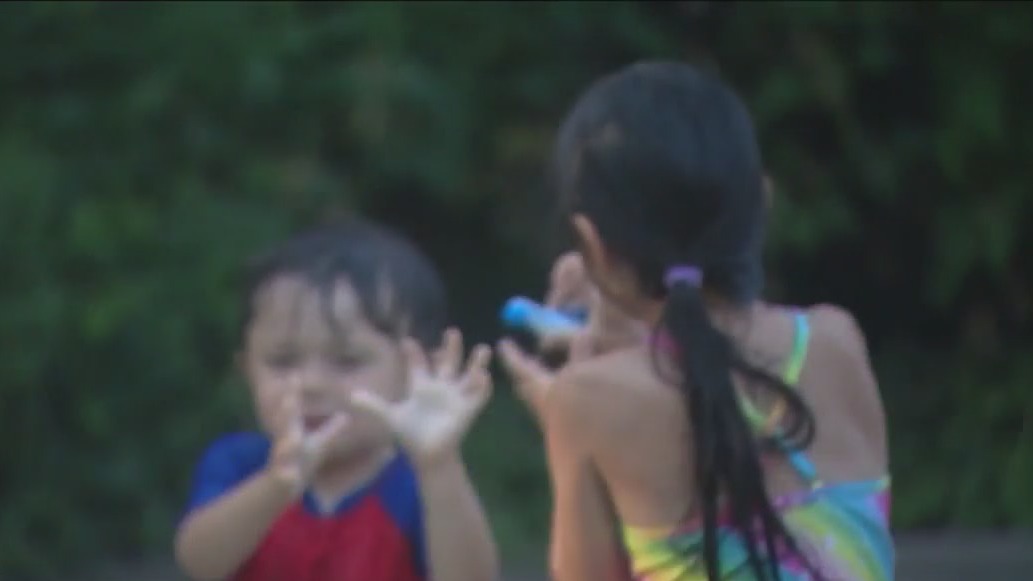Heatwave sweeps Chicago area as power outages reported, Biden takes action to protect communities

Chicagoans finding ways to cool off amid heatwave
It was a hot and sticky day with more heat on the way!
CHICAGO - Everyone wasn't cooling off on Thursday, as there are currently a few hundred customers without power in the Chicago area, with the feels like temperature anywhere from 100 to 105 degrees, which can impact the power grid.
Over 41 million Americans are under excessive heat warnings, including much of the Midwest. That means the power grid will be impacted as we see high temps for consecutive days. It strains the power grid in some parts of the country.
The prolonged heat increases the risk of transformer failures. Tom Wall, Director for the Center of Climate Resilience and Decision Science, says a day like today can be taxing on the substation.
"There's a lot of equipment in those substations and when they get really, really hot, and they can't cool as effectively cause it's hot outside, their ability to move electricity into your home is diminished," he said.
SUBSCRIBE TO FOX 32 CHICAGO ON YOUTUBE
The organization CEDA does have a weatherization program that is income-based that will help you make your home more energy-efficient if you qualify. Go to their website cedaorg.net.
If your home isn't cool enough, Cook County and many suburban communities have opened cooling centers. Six Chicago locations will be closing at 5 p.m., but the Garfield Center at 10 South Kedzie Avenue is open 24 hours a day.
Meanwhile, with nearly half of the country under heat alerts, President Biden has announced additional actions to protect communities.
The President is directing the Department of Labor to increase inspections of potentially dangerous workplaces, including farms and construction sites, and wants heightened enforcement of heat safety violations.
Since 2011, extreme heat has been cited in more than 430 job-related deaths.
"Experts say extreme heat is already costing America $100 billion a year and hits our most vulnerable the hardest. Seniors, people experiencing homelessness who have nowhere to turn. Disadvantaged communities least able to recover from climate disasters. And it's threatening farms, fisheries, forests that so many families depend on to make a living. But none of this is inevitable," Biden said.
The President wants to invest in improving weather forecasts, increasing accessibility to safe drinking water, and making infrastructure more resilient to heat.

